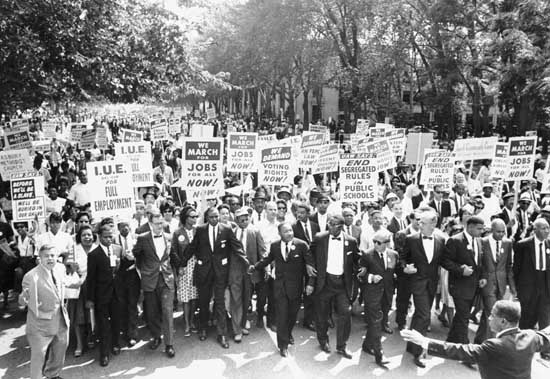
Steve Bell's stand in this article is to speak out for journalism. There shouldn't be a barrier against certain viewpoints of information. He is trying to say that only a good American journalist can accurately report information for all sides of the story. To keep the "democratic engine" of the U.S.A. running, everyone should have the right to report everything that they can obtain. However, this involves a certain level of risk. The truth sometimes can offend leaders and institutions internationally. An approach to worldwide stability is to learn more about ourselves (Americans) in other people's eyes. We will need to know how and why so many around the world seem to hate us and why we seem like an "insensitive bully in the global village".
I very much agree with this article. In the world of journalism, we shouldn't be masking ourselves to the positive views. Americans have to face reality and understand how our institutions truly operate. This reminds me of the recent WikiLeaks. Julian Assange, the founder and editor of WikiLeaks faced charges and his websites are being blacklisted in the U.S.A. His release of confidential information reminds us about the freedom of press and speech and national security. Even though the government considers the Constitution highly, they are also trying to protect us by limiting information. So it goes hand in hand. The government hides the facts for our public safety while we deserve all the rights from which the government provides us with.


